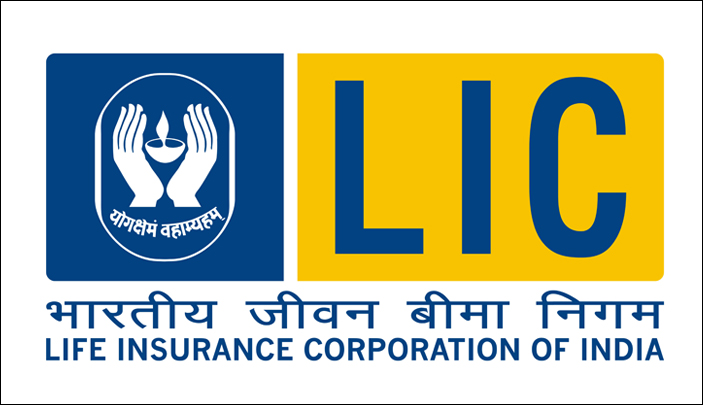
The Report of the Committee to recommend measures for curbing mis-selling and rationalising distribution incentives in financial products was released on September 3, 2015.
The financial product which is perhaps most mis-sold in India is insurance. There is enough anecdotal evidence to suggest that hordes of investors bought equity unit linked insurance plans (Ulips), over the years, on the mis-sell that their investment would double in three years. Ulips are primarily investment plans with a dash of insurance.
Ulips, as they used to be structured, paid a very high commission to insurance agents during the first two years of the policy. Also, in case the investors failed to pay the premium during the first three years of the policy, the insurance company was allowed to keep the entire premium that had been invested up until then.
As the report cited at the beginning of this column points out: “The regulation on a three-year lock in period which allowed companies to keep the entire value of the policy if surrendered within three years, left very little incentive to the insurance companies to promote follow-on premium payments from their customers. The rule on front-loaded commissions, which were as high as 40 percent in the first year, incentivised agents to sell products that earned them the highest pay-off.”
In fact, an estimate made by Monika Halan, Renuka Sane, and Susan Thomas in a research paper suggests that investor losses due to policies lapsing mounted to Rs 1.5 trillion between 2004-06 and 2011-12.
This is a huge amount of money. Many investors stopped paying their premiums after the money they had invested did not double in three years. Over and above this, the insurance agents sold Ulips as a three year policy, instead of telling the investors that there was a lock-in of three years.
At the end of three years they got people to invest their redeemed amount back into a fresh Ulip. This was done so as to ensure that they (i.e. the agents) could continue to earn a high commission.
In fact, in a research paper titled Understanding the Advice of Commissions-Motivated Agents: Evidence from the Indian Life Insurance Market, Santosh Anagol, Shawn Cole and Shayak Sarkar point out: “We find strong evidence that commissions-motivated agents provide unsuitable advice. Depending on our treatment, agents recommend strictly dominated, expensive products, 60-90% of the time.”
Also, not surprisingly, the research paper points out that “the selling of unsuitable products is likely to have the largest welfare impacts on those who are least knowledgeable about financial products in the first place.”
This is also visible in the low persistency that insurance policies have in India. As the report of the committee to recommend measures for curbing mis-selling points out: “A manifestation of this is the low persistency of policies in India. Persistency tracks the behaviour across time of policies sold in a year. The 13 month persistency rate for insurance companies ranged between 41 – 76 percent in 2013-14. In the case of LIC [Life Insurance Corporation of India] for example, the 61st month persistency in 2013-14 was just 44 percent. This means that less than half of the policies sold in FY 2009 were retained.”
The low persistency is primarily because of “mis-selling and poor service by agents.”
The question is what can be done to curb this mis-selling. The Insurance Regulatory and Development Authority (IRDA) of India has cut down on Ulip commissions over the years. Nevertheless, high commissions on the traditional endowment plans still remain. If mis-selling has to come down, the commission on endowment plans needs to be slashed.
In fact, as the report on curbing mis-selling points out: “The Insurance Laws Amendment Act, 2015 has led to the removal of the ceiling of 40 percent on the maximum commission, fee or remuneration. IRDA for now has the power to lay down the structure of commission/brokerage for intermediaries as well as the power to determine the expenses of management.”
The question is will IRDA implement this and start limiting the commissions paid on traditional plans. The Life Insurance Corporation (LIC) of India benefits the most from the high commissions on traditional plans. The high commissions on offer on these non-transparent plans, help in collecting a lot of money from people all across the country.
Also, it is worth remembering that LIC comes to the rescue of the Indian government regularly. On August 24, 2015, the government was investing around 10% of its holding in Indian Oil Corporation (IOC). On that day, the stock market fell big time. LIC came to the rescue of the government and picked up around 86% of the shares that the government was selling in IOC.
In this scenario, the government and the IRDA limiting the commission that LIC is allowed to pay to its agents, is highly unlikely.
The column originally appeared on Firstpost on Sep 9, 2015
(Vivek Kaul is the author of the Easy Money trilogy. He tweets @kaul_vivek)